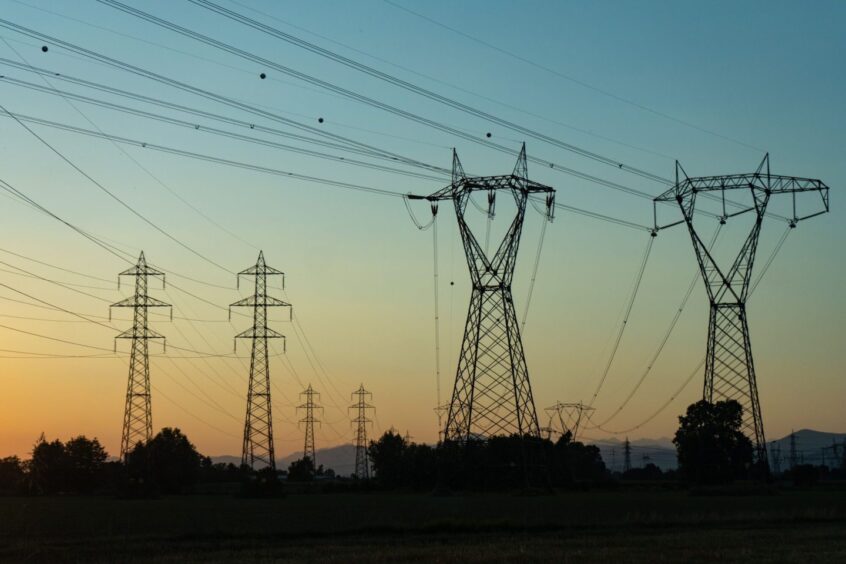
The National Grid Electricity System Operator (ESO) is aiming to create a basic data-sharing system for the energy industry next year.
The decision builds on the Digital Spine Feasibility Study, which was funded by the Net Zero Innovation Portfolio (NZIP), and undertaken by a consortium of Ove Arup, Energy Systems Catapult and the University of Bath.
An ESO spokesperson said the feasibility study “marks an important step in developing the data-sharing infrastructure needed to deliver net zero.”
The Department for Energy Security and Net Zero (DESNZ) committed to the ESO delivering a minimum viable product for the data-sharing infrastructure by 2025.
The ‘digital spine’ is a blueprint for a minimum set of responsibilities, functions, processes and governance that would allow energy players to share energy data securely.
According to DESNZ, data sharing is vital to allow the UK to meet its 2030 net zero targets.
At present, data sharing in the energy industry is hampered by several challenges, including poor data interoperability, a lack of common data-sharing practices and largely disconnected approaches to developing digital energy infrastructure.
DESNZ’s reaction to the feasibility study said the first steps would see ESO developing a pilot for the data-sharing infrastructure, before creating the minimum viable product.
In addition, ESO will work with the National Cyber Security Centre (NCSC) to ensure that the minimum viable product allows for secure data sharing. Ofgem will also support the ESO in this development.
The ESO spokesperson added: “Through enhanced data integration, we can create a resilient and adaptive energy grid for the future that, through greater efficiencies and coordination, will help to lower energy bills, improve our energy security and deliver GB’s net zero ambitions.
“We welcome the study’s support for the work already underway at the ESO to develop this infrastructure as part of our Virtual Energy System programme. We look forward to continuing our collaboration with the government and the wider industry as we strive to digitalise our energy system and advance towards a secure and sustainable energy future.”
Recommended for you

